Summaries of books about Human Rights:
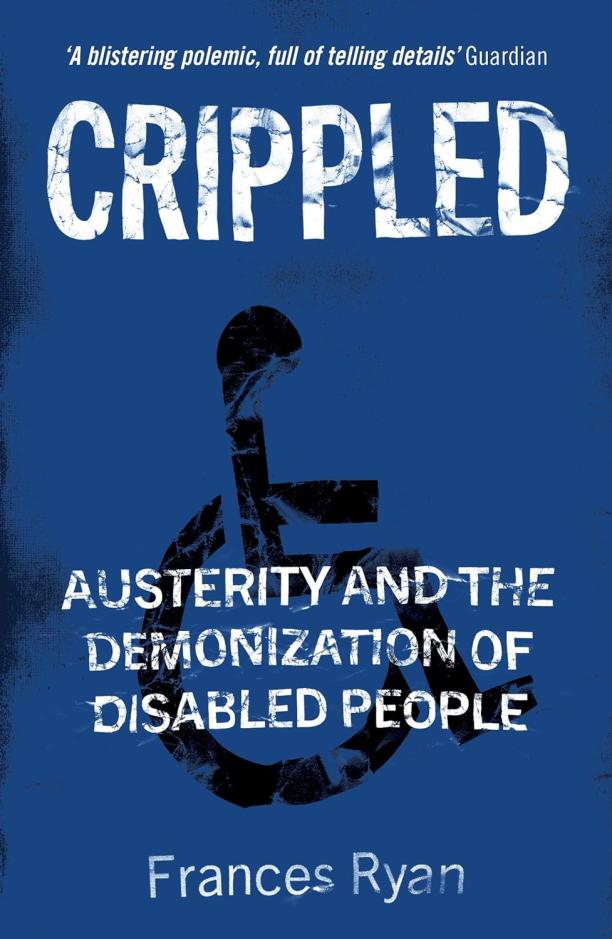
Crippled
Frances Ryan
The book examines the impact of austerity measures on disabled people in the United Kingdom, highlighting the systemic injustices and hardships they face. It provides personal accounts and analysis of how government policies have led to increased poverty, social isolation, and discrimination against the disabled community.
See full summary
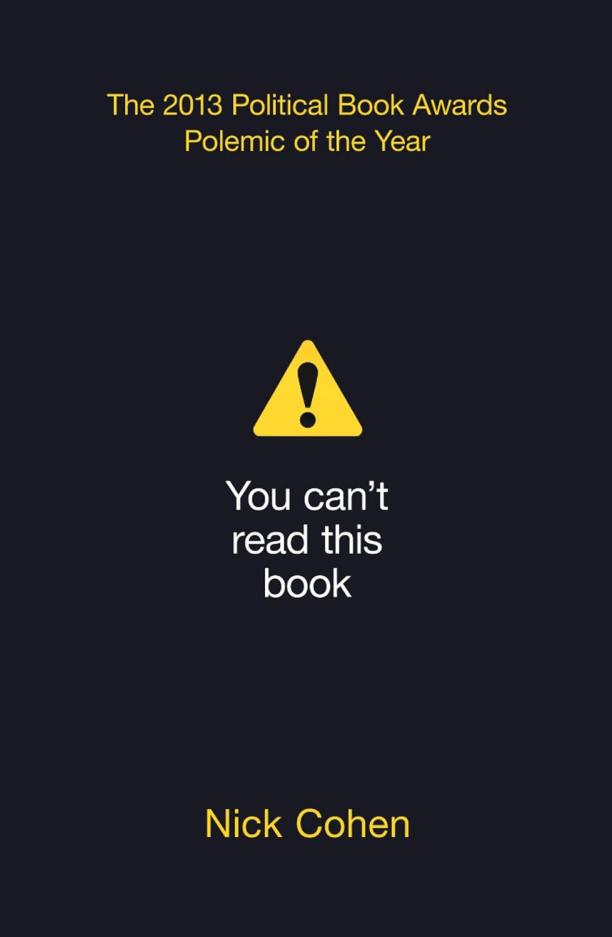
You Can’t Read This Book
Censorship in an Age of Freedom
Nick Cohen
The book delves into the modern state of censorship, exploring how governments, corporations, and religious fundamentalists often suppress free speech despite the apparent liberal climate. It examines the paradox of how, in an era that purports to champion freedom of expression, various forms of censorship are still pervasive and insidious.
See full summary
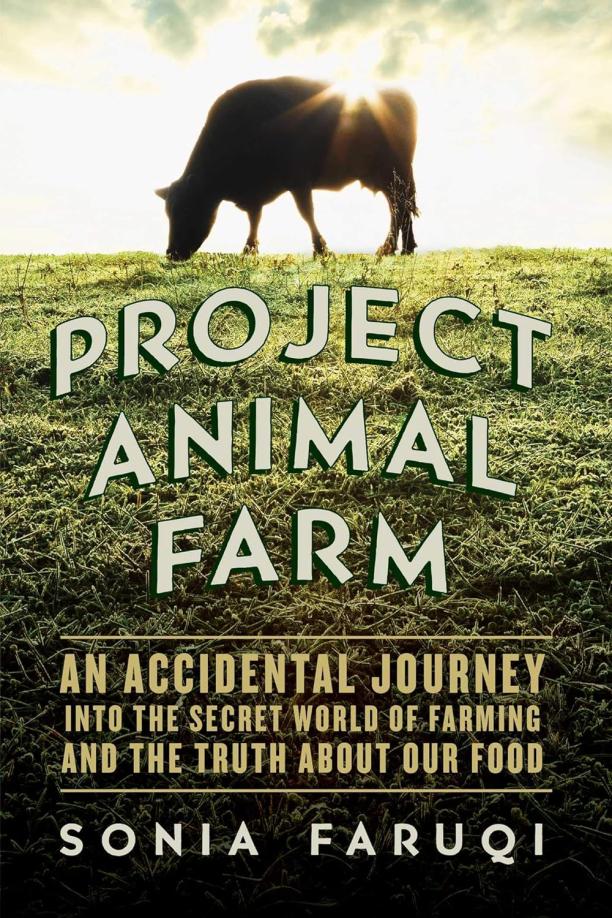
Project Animal Farm
Sonia Faruqi
An investigative journalist embarks on a global journey to explore the realities of animal farming, uncovering the harsh conditions animals endure and the environmental and ethical implications of industrial agriculture. The narrative delves into the lives of farmers, activists, and animals, revealing the need for reform and the potential for more humane and sustainable practices.
See full summary
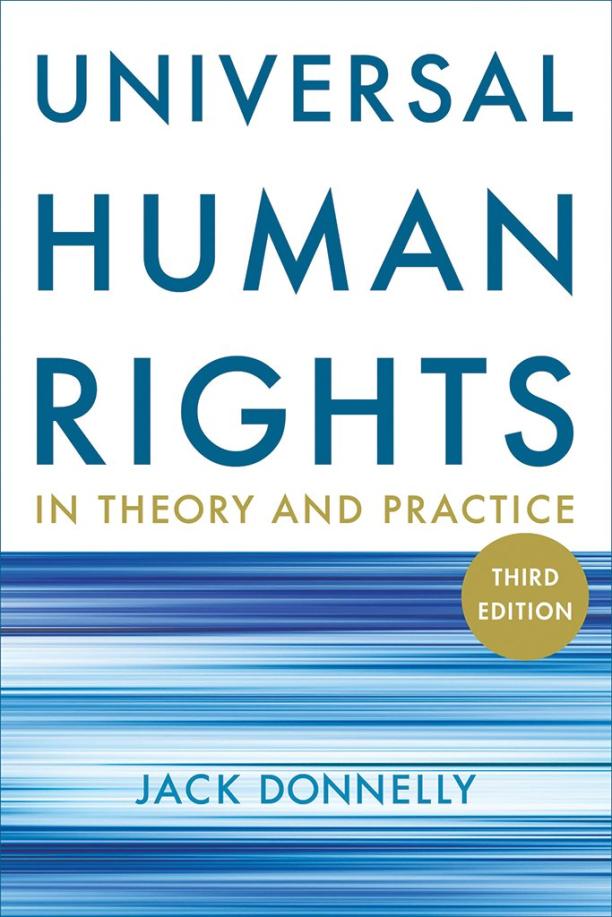
Universal Human Rights in Theory and Practice
Thied Edition
Jack Donnelly
The book critically examines the concept of universal human rights, their philosophical underpinnings, and their application in various political contexts. It explores the challenges of implementing human rights globally, addressing both theoretical debates and practical issues such as enforcement and cultural relativism.
See full summary
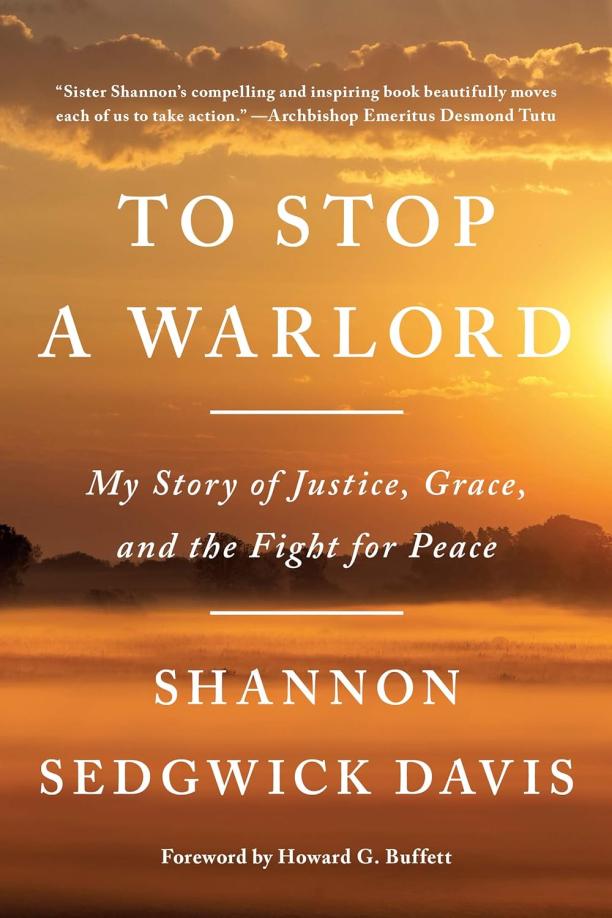
To Stop a Warlord
My Story of Justice, Grace, and the Fight for Peace
Shannon Sedgwick Davis
The book chronicles the author's efforts to bring peace to war-torn regions of Africa by supporting a private military intervention to capture Ugandan warlord Joseph Kony. It delves into the ethical complexities of using force for humanitarian purposes and the personal journey of seeking justice and reconciliation.
See full summary
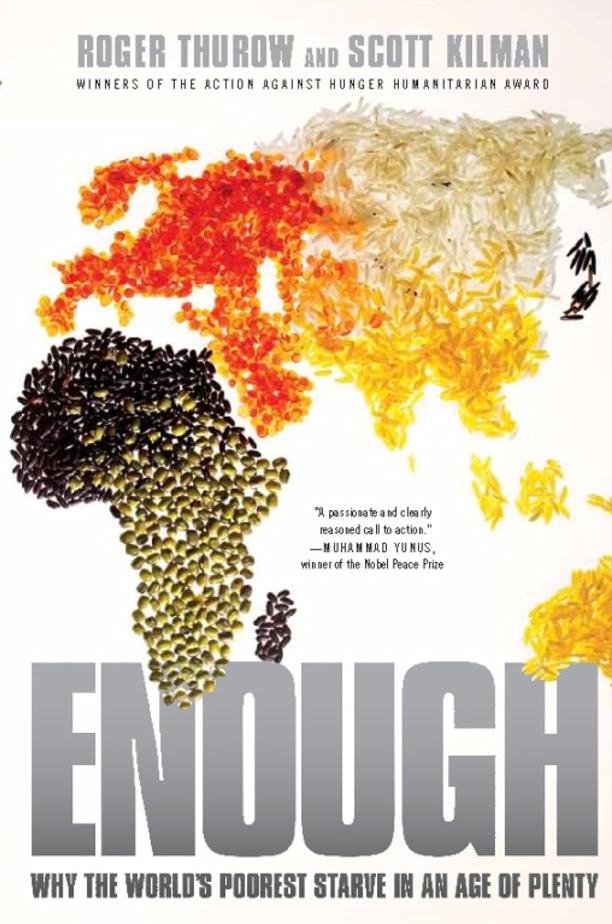
Enough
Why the World's Poorest Starve in an Age of Plenty
Roger Thurow|Scott Kilman
The book investigates the paradox of hunger amidst abundance, exploring the political, economic, and institutional failures that lead to millions going hungry despite a global surplus of food. It delves into the stories of farmers, activists, and government officials to shed light on the complex web of policies and practices that perpetuate food insecurity.
See full summary
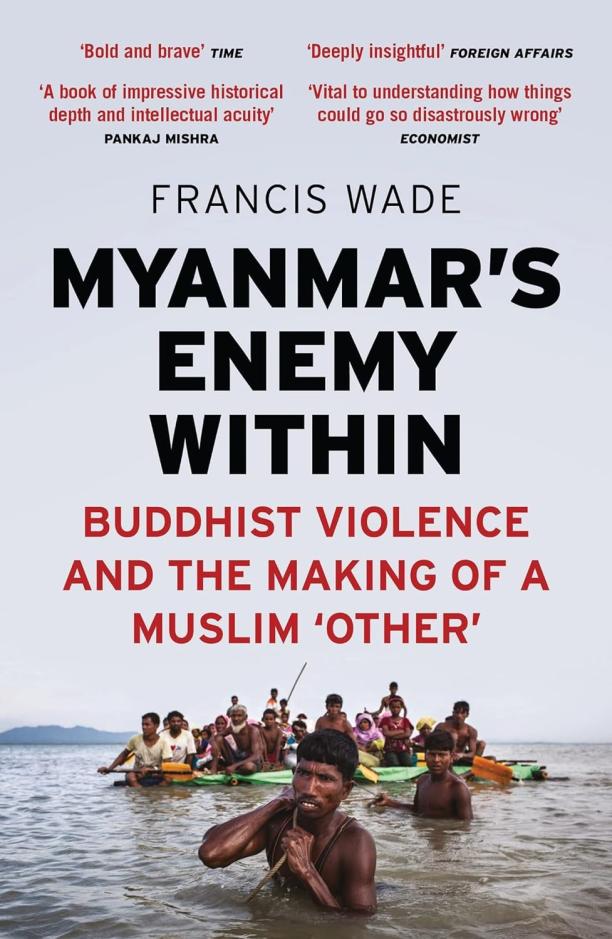
Myanmar's Enemy Within
Buddhist Violence and the Making of a Muslim 'Other'
Francis Wade
The book delves into the complex interplay of nationalism, political transition, and religious fervor in Myanmar, examining how societal tensions and historical prejudices have fueled violence against the Muslim minority, particularly the Rohingya. It provides an in-depth analysis of the factors contributing to the rise of Buddhist nationalism and the resulting marginalization and persecution of Muslims, challenging the perception of Buddhism as an inherently peaceful religion.
See full summary
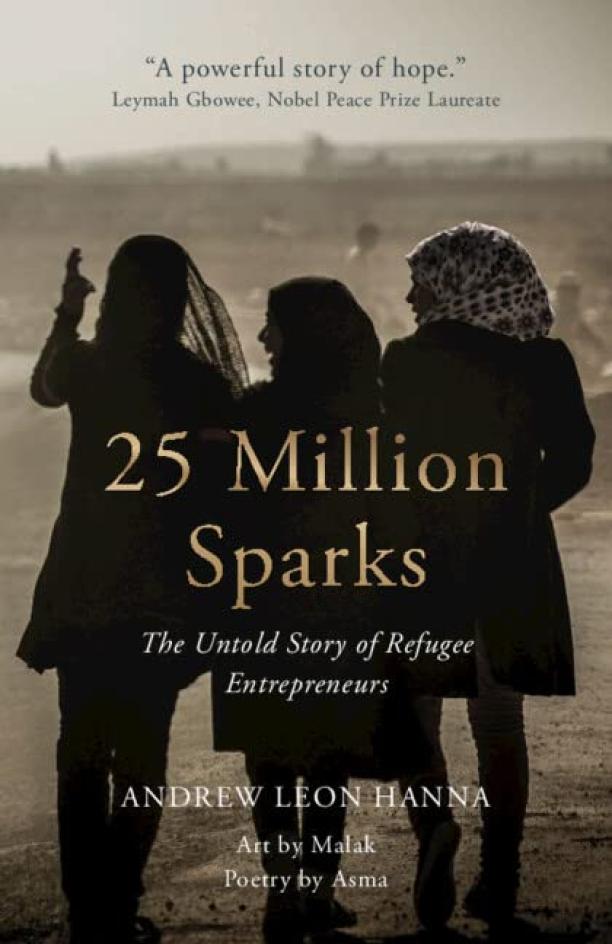
25 Million Sparks
The Untold Story of Refugee Entrepreneurs
Andrew Leon Hanna
The book chronicles the inspiring journeys of refugee entrepreneurs who have established businesses in the face of adversity, particularly focusing on the bustling entrepreneurial hub within the Za'atari refugee camp in Jordan. It highlights the resilience and innovation of these individuals as they create opportunities and ignite economic sparks amidst challenging circumstances.
See full summary
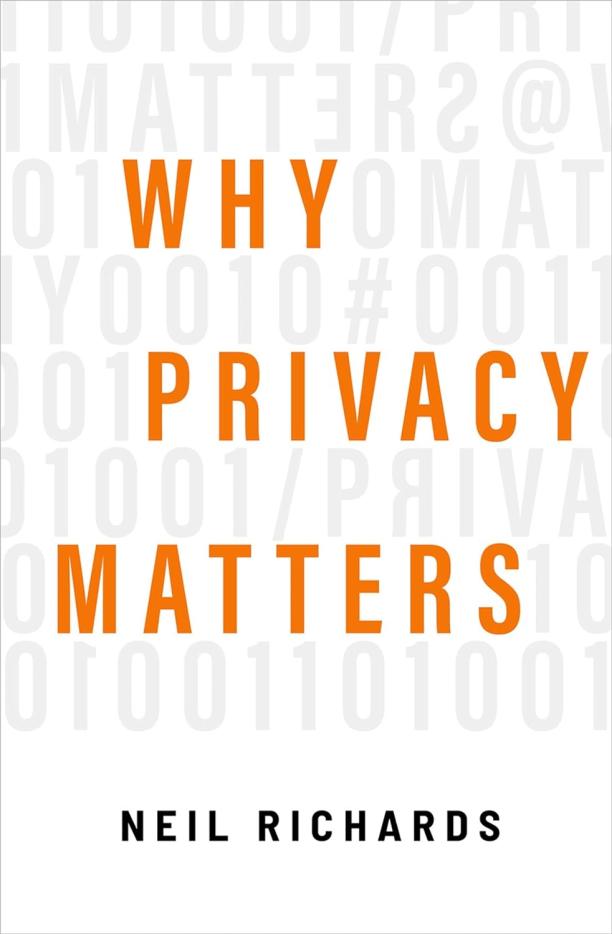
Why Privacy Matters
Neil Richards
The book delves into the importance of privacy as a fundamental human right and its critical role in a functioning democracy. It explores the challenges posed by surveillance and data collection, arguing for the need to protect privacy to ensure individual freedom and societal trust.
See full summary
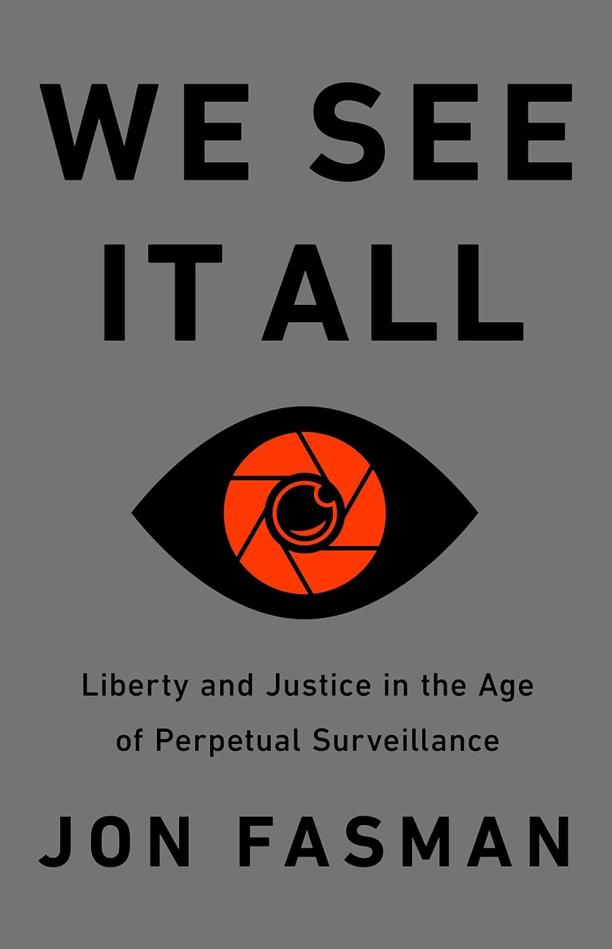
We See It All
Liberty and Justice in an Age of Perpetual Surveillance
Jon Fasman
The book explores the impact of surveillance technology on privacy and civil liberties, examining how governments and law enforcement use tools like facial recognition and predictive policing. It delves into the ethical and legal challenges these technologies pose to democratic societies and individual freedoms.
See full summary